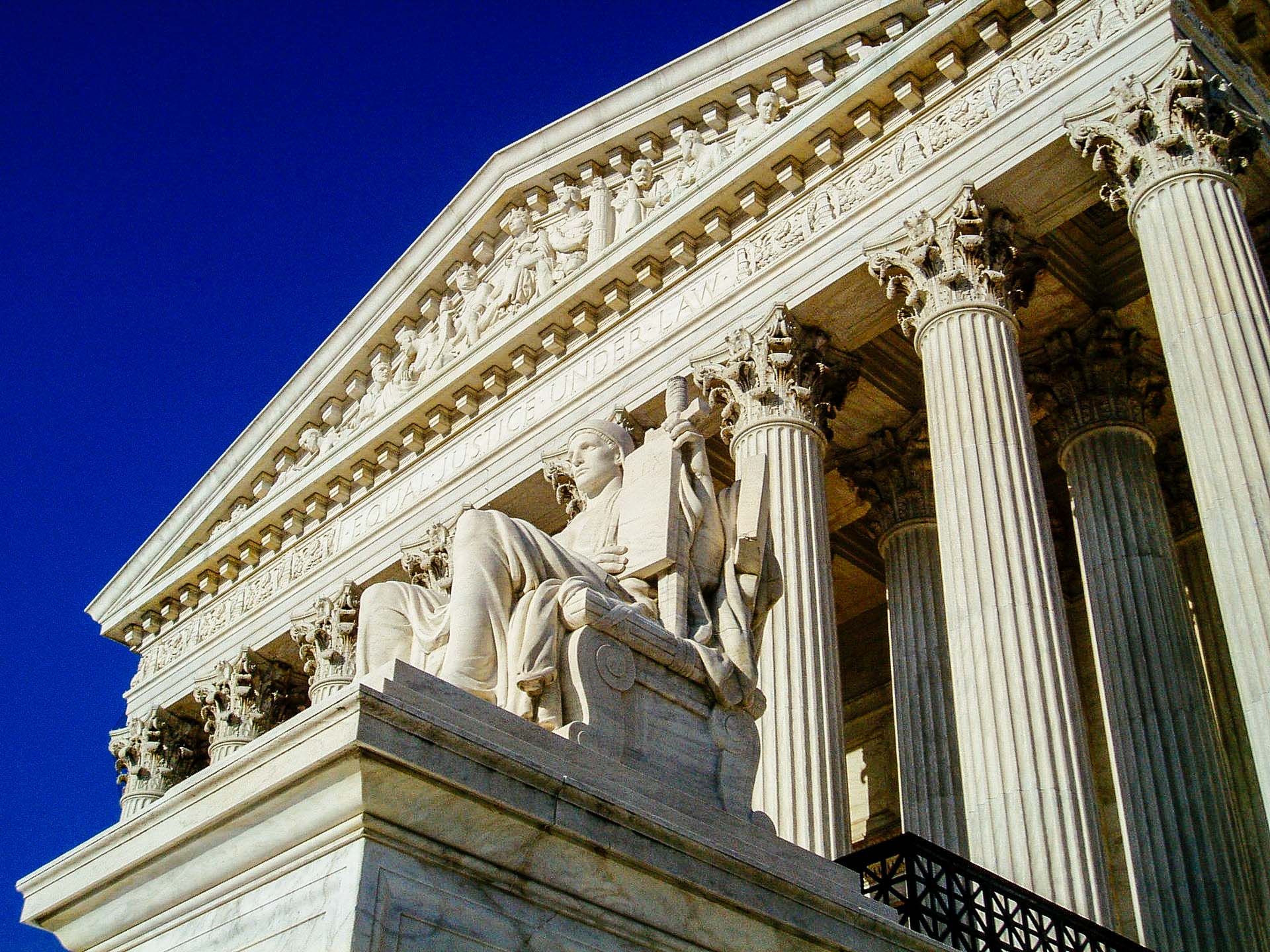
Wikimedia Commons
Along with 30 other universities and colleges, Yale on Friday filed an amicus brief with the Supreme Court in support of a suit by the state of Hawaii challenging the third version of President Donald Trump’s controversial travel ban. On the same day, a Yale Law School clinic and three law firms filed a brief in support of that same suit on behalf of 52 former senior national security officials, including former Secretary of State John Kerry ’66.
The amicus briefs filed by the coalition of higher education institutions and the Yale Law School clinic — called the Rule of Law clinic — both raise objections to Trump’s September 2017 presidential proclamation, which restricts entry to the United States by citizens of eight countries, six of which are majority–Muslim. In its brief, the coalition of higher education institutions argues that the ban hinders the institutions’ ability to attract international scholars and faculty. Meanwhile, the national security officials represented by the Yale clinic argue that the ban jeopardizes American foreign policy interests by damaging U.S. relations with international partners.
“We think it’s important for universities including Yale to lend their voices to important issues before the court particularly when it affects our scholarship and the working of the University,” Vice President for Communications Eileen O’Connor told the News.
The brief filed by the coalition of higher education institutions highlights the damaging impact of the ban on scholarly centers, such as the MacMillan Center Council on Middle East Studies at Yale and its program on Iranian Studies, which draws its “most promising candidates” from Iran — one of the eight countries included in Trump’s travel ban, according to the brief. The indefinite suspension on issuing all immigrant visas and nonimmigrant visas for Iranian nationals — with the exception of student and exchange visitor visas — may prohibit potential scholars from accepting Yale’s job offers, the brief argues.
The September 2017 presidential proclamation is the latest of three presidential orders by Trump that seek to bar entry to the United States from Muslim-majority countries. Since Trump’s first ban was announced in January 2017, the University has jointly filed five amicus briefs in federal courts in support of challenges to Trump’s presidential orders.
For its part, the Rule of Law clinic has been working on behalf of national security officials since Trump unveiled the first version of the ban in January 2017.
“The brief conclusively proves that a discriminatory travel ban allegedly designed to protect national security seriously harms national security,” said former Yale Law School dean and instructor at the Rule of Law clinic, Harold Koh, referring to the clinic’s Friday brief. “It was a remarkable effort by our students and our clients. The court will need to read it and the government can’t ignore it.”
On the same day that the coalition of universities and the Law School clinic filed their respective briefs, 16 states, including Connecticut, and Washington, D.C. together filed an amicus brief with the Supreme Court challenging Trump’s ban. In that brief, the state officials wrote that the ban will impede the ability of public universities to recruit and retain international students and faculty.
When Trump announced the first executive order in January 2017, more than 1,000 Yalies and members of the New Haven community flocked to Cross Campus for a candlelight vigil to support immigrants and refugees.
Jingyi Cui | jingyi.cui@yale.edu
Hailey Fuchs | hailey.fuchs@yale.edu







